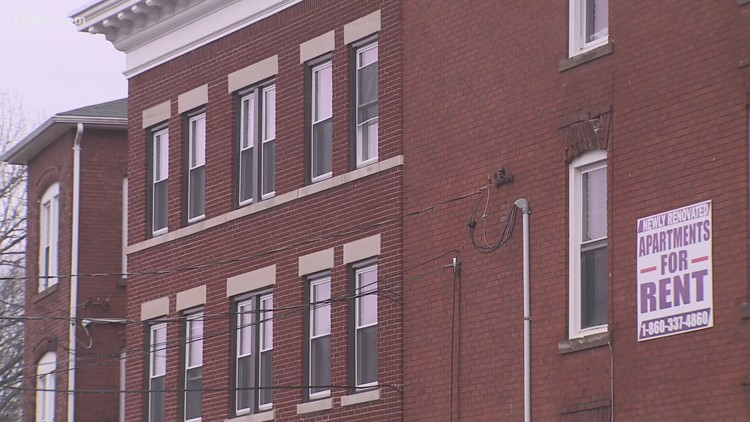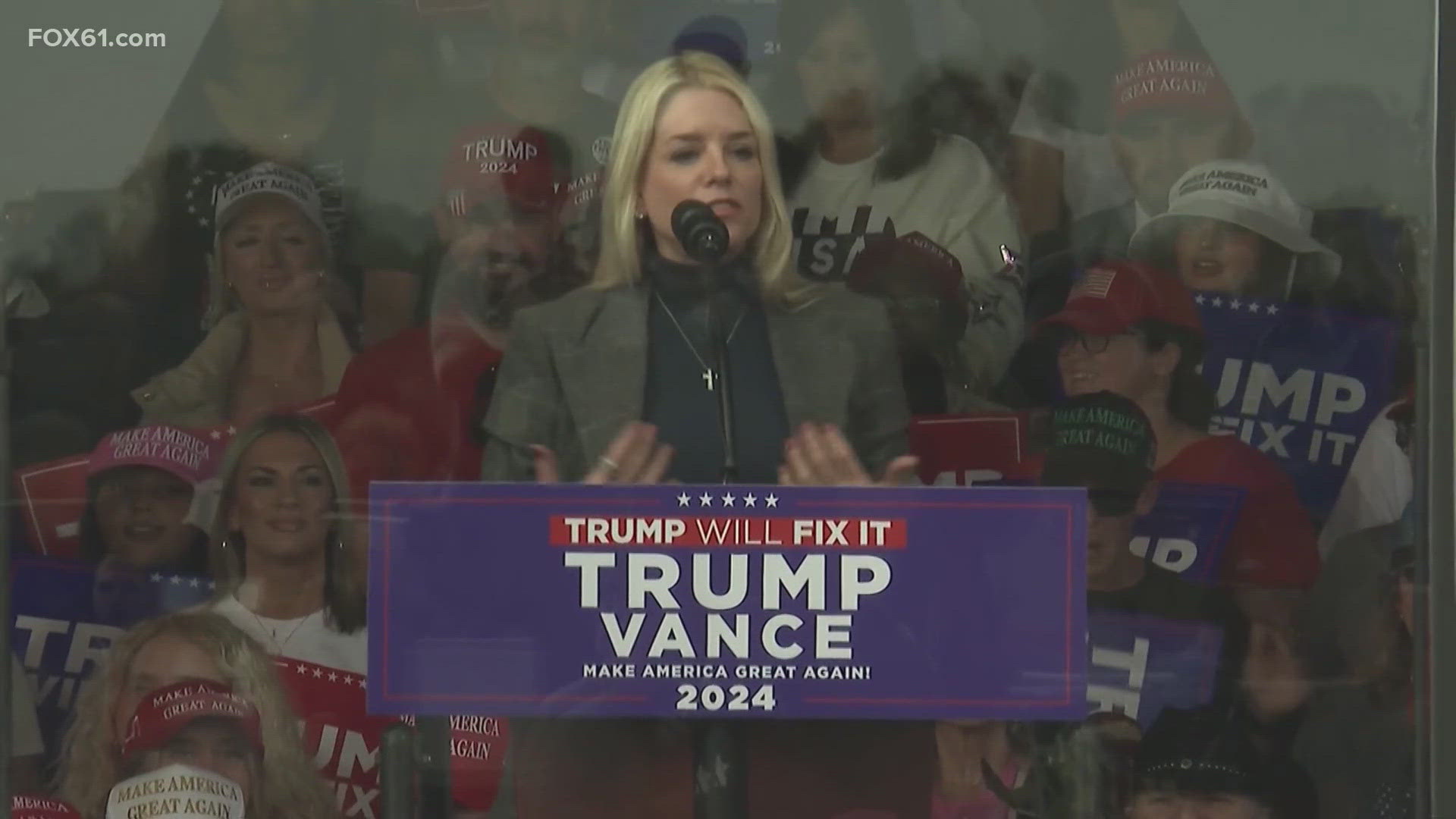HARTFORD, Conn — Gov. Ned Lamont has signed one of the most contested bills this legislative session, a major housing policy package that includes new renters’ rights. Portions will go into effect over time, some as soon as later this year.
The bill was heavily debated and stripped down, passing just in time before the end of the legislative session. Democratic leaders didn’t get the affordable housing zoning reforms they advocated for and many argue this won’t meaningfully increase the state’s housing stock, but it’s still got a lot in it.
Here are some of the changes:
Application fees
Many extra application fees for apartments will be prohibited except security deposits, first month’s rent, deposit for key or other special equipment and the fee for the tenant screening report.
Landlords can only charge up to $50 plus any inflation costs for the screening report and have to give renters a copy. The state will determine what the inflation costs are.
Landlords will not be allowed to charge move-in or move-out fees. These fee rules will be officially enacted and enforced starting Oct. 1.
Late charges
There are new limits on the amount landlords can charge in overdue rent fees. Tenants get a nine-day grace period before fees can start. Week-to-week renters get a four-day grace period.
When it comes to how much they can charge, fees have to be the least of these options:
Up to $5 a day, for a maximum of $50
5% of the overdue rent
5% of the tenant’s share of the rent if they’re in a rent aid program (like the housing choice voucher program)
No matter how late the rent is, landlords can’t charge renters a fee more than once. This goes into effect Oct. 1.
Returned security deposits
Landlords will have to return tenants’ security deposits and interest on the deposits quicker- within 21 days rather than the current timeline of 30.
Landlords who take longer to return the deposit will owe them double the original security deposit amount. This also goes into effect on Oct. 1.
Landlord discrimination
Small landlords—defined as those who own four or fewer units—are banned from discriminating against applicants because of their sexual orientation.
The current state law didn’t stop those who are renting out one room in their house or landlords who rent our housing in a smaller building. The new law removes the exemption.
Pre-occupancy walk-throughs
Landlords will be required to offer potential renters a walk-through as they’re entering a lease agreement so that they can both note the conditions.
This is meant to help tenants immediately address any repairs that need to be made or get documentation of pre-existing damage. Landlords won’t be allowed to deduct money from the security deposit for any damage found in the walk-through before the tenant moves in.
This doesn’t go into effect until the beginning of 2024, and won’t apply to leases entered before then.
Protected status
The bill offers new protections for people over 62 and people with physical or intellectual disabilities when it comes to rent increases or eviction. To be in that protected class you have to live in an apartment building that has five or more units.
Landlords must give tenants notice that they’re protected under this new law and that they’re protected from:
Evictions that are filed just because a lease is expiring
Rent increases that are not fair and equitable among the other units
Online eviction records
Any eviction cases that were withdrawn, dismissed or decided in favor of the tenant will be removed from online records. The state’s Judicial Department must remove them within 30 days.
Some tenant screening companies pay the state to get eviction case data and it can make it near-impossible for the renters to find new housing. Now, the Judicial Department will be banned from transferring over or selling these erased cases.
This process will start on July 1, 2024.
Housing code violations
Towns will be allowed to increase fines on landlords whose properties violate housing codes from $250 to $2,000.
Lawmakers also passed this budget’s bonding package which is putting more money into the Housing Receivership Fund. That allows the state to take control of and repair large apartment complexes that have serious violations.
---
Have a story idea or something on your mind you want to share? We want to hear from you! Email us at newstips@fox61.com
---
HERE ARE MORE WAYS TO GET FOX61 NEWS
Download the FOX61 News APP
iTunes: Click here to download
Google Play: Click here to download
Stream Live on ROKU: Add the channel from the ROKU store or by searching FOX61.
Steam Live on FIRE TV: Search ‘FOX61’ and click ‘Get’ to download.



